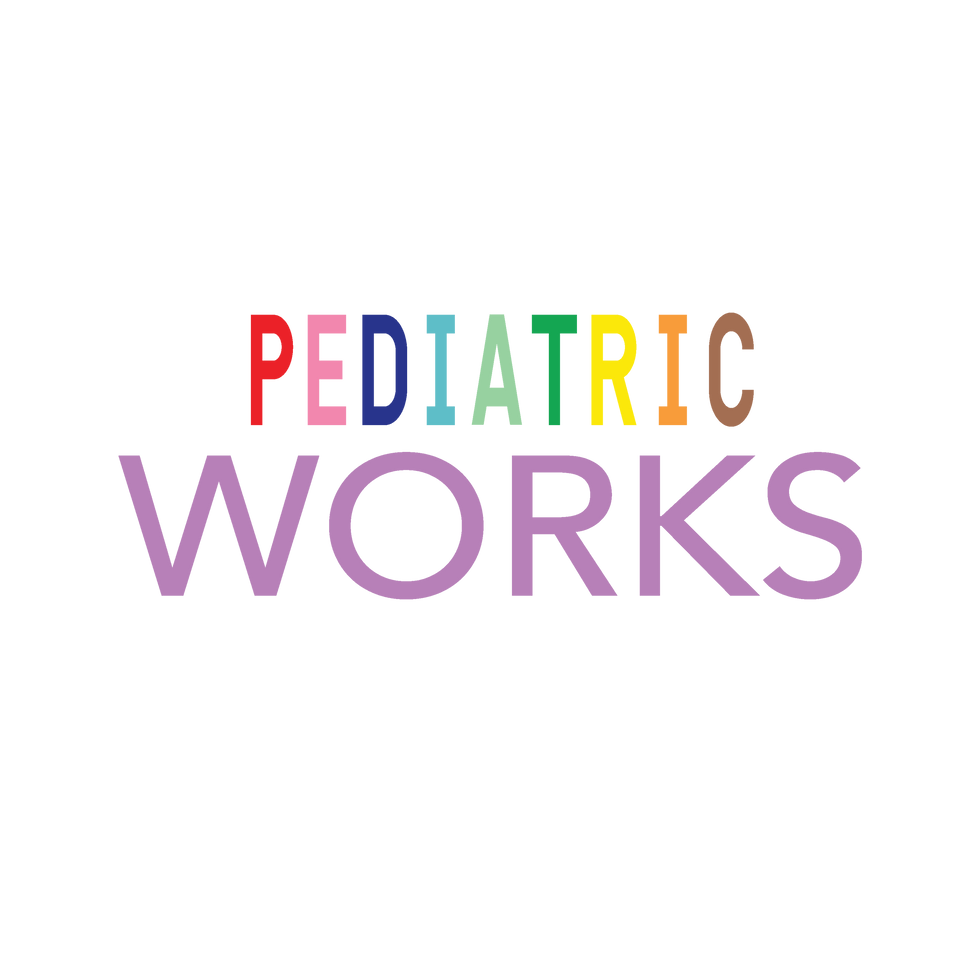Pediatric Grief
- Sep 23, 2022
- 4 min read
Updated: Oct 8, 2022

Recently I lost my best friend and the love of my life, Lola “Bear” Works. She was a 58-pound happy, spontaneous Golden Labrador-Retriever Mix. She was diagnosed on June 16th, 2020, with Histiocytic Sarcoma and underwent chemotherapy treatment at the Oncology Department of Blue Pearl in Atlanta, GA. Histiocytic Sarcoma is an extremely rare, aggressive cancer that mostly affects middle-aged dogs. Lola was an atypical patient because she was only 4.
Chemo (Lomustine, CCNU) was victorious in its battle with cancer but was destructive towards her liver. Lola was diagnosed with liver failure on November 18th and she left me on December 2nd. As I grieve the loss of my love, I think this would be an ideal time to speak on Grief and Bereavement in the pediatric population.
Developmental age and cognitive ability directly tie to how children comprehend death and dying. One crucial thing to remember is that children are concrete thinkers, meaning they are very literal. An innocent statement like, "Daddy went away" or "Mommy went to sleep" would be viewed as truth. It is in everyone’s best interest to choose words wisely and have simple explanations. Let us break this conversation into three headings: young children, older school-age kids, and adolescents.
Young children have “magical thinking” and a limited vocabulary. Magical thinking means children link their last interaction to the outcome. For example, “I yelled at momma and she died.” Their last interaction with their mom was yelling and now she is dead. This child can believe they caused the death of their mother. Can you imagine that guilt? It is imperative for the adult to firmly say, “It is not your fault your mother died. She died from a bad heart.” This may need to be repeated.
Children cannot always express themselves verbally. For example, a typical two-year-old has 50 words and can put two words together (thank you). They may not be able to express that they have noticed a change in their environment or that they are upset. What is normally seen is regression. For example, a child who was potty trained is now having accidents or using “baby talk.” They are trying to control or rebel against what is in their power to control.
For older school-age children, Grief can vary greatly. At this age, they do have a concept of death and grief will be individualized. You may see differences in focus, worsening grades, aggression, and even withdrawal. It is important to entertain an open conversation about feelings. Tell them how you are doing. Comfort them that they will be ok. Make sure the school, teachers, and counselors also aware so you will have extra eyes looking for behavioral changes.
Adolescents, their world is their friends. Adults may not know how much they are grieving because they may be only disclosing their feelings to their friends. Encourage them to share, journal, provide self-care, and even go to counseling. Be mindful, counseling does not have to be the last option. A counselor can help guide and navigate your child in ways you cannot. However, red flags for emergent referrals, at any age, are panic attacks or prolonged grief (over 1 year). Suicidal thoughts and/or attempts should be quickly handled at your nearest emergency room. Additional resources are The National Suicide Prevention Lifeline is 1-800-273-8255 or you can text GO to 74174 to reach a trained Crisis Counselor.
Parents are sometimes leery about going to the emergency room, which I can understand. However, Emergency Rooms have Doctors, Nurses, Social Workers, and Psychiatry staff who are train to handle issues like these. As I am building Pediatric Works, I work as a contract physician. Recently, I saw a courageous 13-year-old male who told his parents he wanted to end his life. Parents sought advice from the nursing line, which correctly told them to take the child to the emergency room for a formal evaluation. The father said, “his plan was not strong enough”, and decided against seeking help. I suspect dad was not comfortable with the idea of going to an ER.
Luckily, his grandfather called for another appointment, saying the chief issue was eczema, but his main objective was to seek advice for his suicide ideations. This adolescent was from a fractured home and his younger brother was recently killed; his grandfather noticed the sudden behavior change.
This slender, tall young man sat on the edge of the exam table with poor posture, limited eye contact, and a face devoid of emotion. He candidly told me he misses his friends, his brother, that his grades are poor due to lack of concentration, and that he has had thoughts of hurting himself. This is not the first time but the “loudest.” He did have a plan but was unwilling to divulge that specific information due to embarrassment. I sincerely thanked him for his courage. This young man spoke to a total stranger, someone he may never see again and asked for help.
I am working through my grief by allowing myself to cry, talk to other fur parents for support, and writing this blog. It is important to know, "It is ok to not be ok" but support should be near.
When people are looking for a pediatric clinic in Atlanta, they have a leading edge "in home" option with Pediatric Works!

.png)



Comments